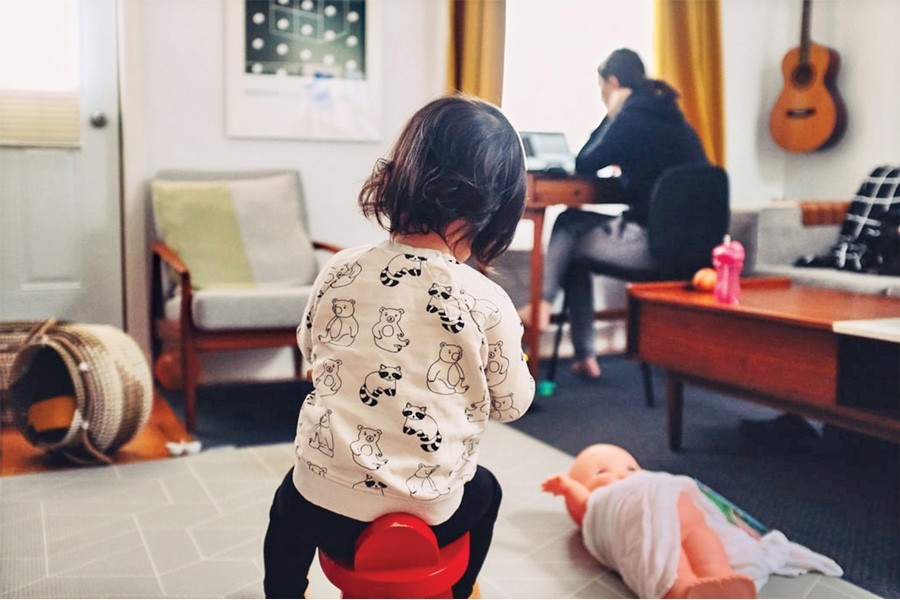You must remember those days from high school when you used to hang up a daily routine on your reading desk. It was a beautifully handwritten customised routine earmarking a certain time for a certain task of yours. You thrived so much on making the best use of time that you could cram all your regular chores in a short time and thus have a window for your study.
Now you laugh thinking about those days because that routine was a high maintenance. It’s not that there were so many distractions that were caught up in your mind. Most of the time you actually were sitting right in front of your table, looking at the book. But something was so off that you could not just concentrate on your study. That’s because home is your ultimate comfy place, your very own kingdom where you rule.
Working from home tends to have the very same toxicity, the curse of flexibility. As companies around the world are forced to telecommute amid the Covid-19 pandemic, many people are struggling with the reality of working from home for an extended period of time.
It’s not that the work is not being done but the work efficiency is questionable. A survey on small and medium-sized firms in the US reported a decrease in productivity of about 20 per cent on average caused by work from home.
Of course zero commute time and home-made food is a big bright side of working from home but that can’t compensate for the damage it has been doing to productivity. It sucks out the willpower within someone. You might have piles of work to get done but you can’t resist the call of Netflix. ‘One More Episode Please’ hums continuously in your mind. You take small mental breaks to browse the internet every now and then. This is anything but work culture.
Office is a very energetic place. You might lack energy there over time but your office will never stop giving you the working environment. While working from home, sometimes you lose energy, sometimes your house does. Your mother/wife shouts for dinner, your kids are around playing and laughing, your dog needs cuddles and whatnot. The working atmosphere is just absent there.
The switch to working from home may have an adverse impact on the mental health of most of the workers as they are unable to find a routine that works for them perfectly, they are struggling to separate work from home life or are feeling isolated. A report by the Qualtrics reveals that a prolonged impact of Covid-required working from home (WFH) has an increasingly pervasive effect on the employees’ mental health – 41.6 per cent of respondents report their mental health decline since the Covid-19 outbreak.
Faiyaz Bin Zia, a management trainee of Pathao, shares his experience of working from home. According to Faiyaz, working from home makes him work alone, which leads him to feel lonely and bored. Also staying within four walls feels like being imprisoned at times.
“Some people prefer working from home because they don't need a lot of human interaction, for example software developers. But for people who have to work closely with teams, it's hard for them to work remotely or in a confined room.”
Also, the type of work culture can vary, reminds Faiyaz. Most banks have cubicles because that type of work requires more focus, but start-ups and tech companies require frequent communication which is why open work space is popular amongst start-ups.
In fact, the magic of real life interaction of team members isn’t the same when they interact through zoom. And so it is yet to be determined how far the WFH, which has become the new normal around the world amid the pandemic, is from the right normal.
Kaniz Fatema is a fourth year student of geography and environment at Dhaka University.


